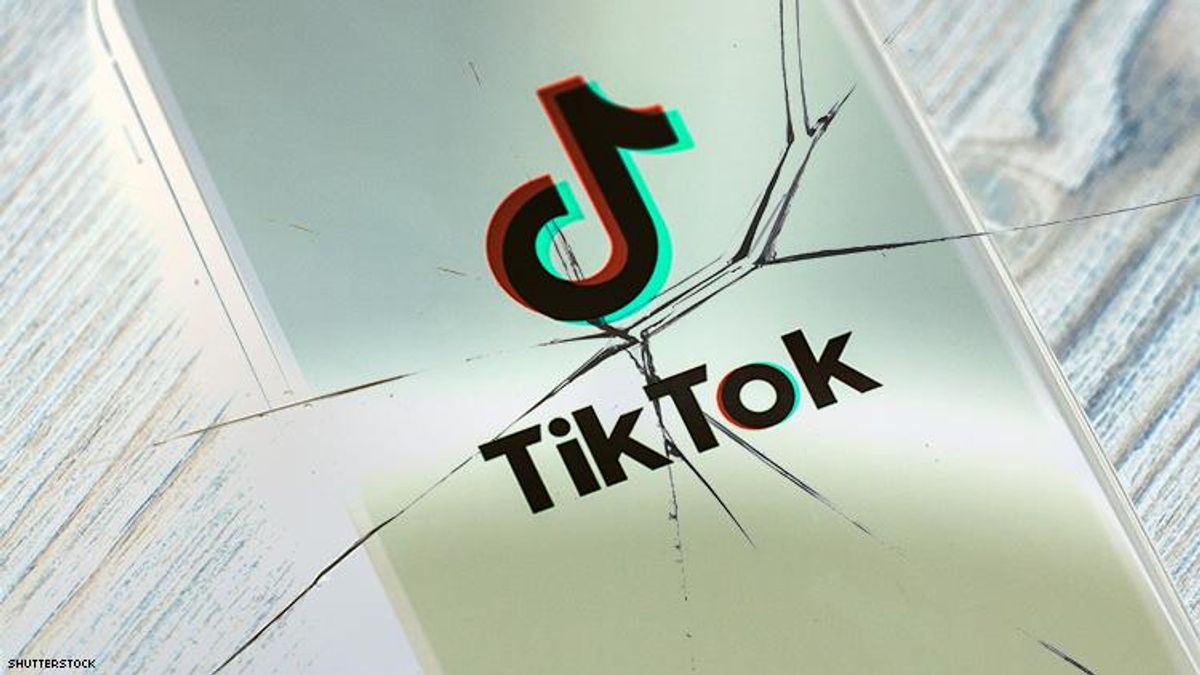Tech
TikTok Banned LGBTQ+ Content and Mocking Trump in Certain Countries

The company says that they ended their ban in certain countries earlier this year.
September 27 2019 11:49 AM EST
May 31 2023 4:48 PM EST
By continuing to use our site, you agree to our Private Policy and Terms of Use.

The company says that they ended their ban in certain countries earlier this year.
The popular social video app TikTok banned pro-LGBTQ+ content according to an investigation by The Guardian. TikTok's policy was initially revealed via leaked documents.
TikTok is owned by a company called ByteDance, headquartered in Beijing, and previous reports indicated that moderators were instructed to censor videos that mention Tiananmen Square, Tibetan independence, or the government-banned religious group Falun Gong. These policies were allegedly to stay in favor with the Chinese government.
Newly leaked rules also include a ban on queer content in at least one country. Turkish moderators were instructed to censor videos that depicted "Intimate activities (holding hands, touching, kissing) between homosexual lovers." Also banned by TikTok were "reports of homosexual groups, including news, characters, music, tv show, pictures" and information about "protecting rights of homosexuals (parade, slogan, etc.)" and "promotion of homosexuality."
In response to the leak, TikTok issued a statement claiming that those guidelines were ended in May of this year. Their current policies regarding LGBTQ+ content are unclear.
"As we grow we are constantly learning and refining our approach to moderation," the statement reads. "The referenced guidelines regarding LGBTQ content in Turkey are no longer in use, and we have since made significant progress in establishing a more robust localised approach."
Turkish guidelines also banned any mention of Kurdish separatism, criticism of founder Mustafa Kemal Ataturk, and its president, Recep Tayyip Erdogan.
Users were also prohibited from mocking world leaders, including Donald Trump, Barack Obama, Kim Jong-il, Kim Il-sung, Mahatma Gandhi, Vladimir Putin, Kim Jong-un, Shinzo Abe, Park Geun-Hee, Joko Widodo and Narendra Modi. It's unclear in which countries that limitation applied.
Depictions of "non-Islamic gods" such as "Jesus, Maria, angels" were also banned in Turkey.
But one of the most controversial elements of the ban was a policy regarding the sexualization of children. According toThe Guardian, moderators were told to err on the side of allowing content that might include underage sexual content. Referring to "sexy outfits" and "dancing seductively," the policy told moderators that if a subject looked like they might be over 18, it was safe to assume that they were.
This is the reverse of most platforms' policies, which err on the side of taking down content that might depict the sexualization of children.
TikTok says that they have since reversed that policy as well.
Andy Burrows, head of child safety online policy at the National Society for the Prevention of Cruelty to Children, reacted strongly to the revelation. "TikTok has woefully failed to grasp the seriousness of child abuse imagery," he told The Guardian. "The fact that they use wholly unsuitable language like 'underage pornography' and 'sexy outfits' to describe this horrific content speaks volumes."
TikTok launched in 2017 and was the most-downloaded item on the iOS App Store in the first half of 2018.
RELATED | Rio Mayor Can't Ban Comic Over Gay Kiss, Says Court